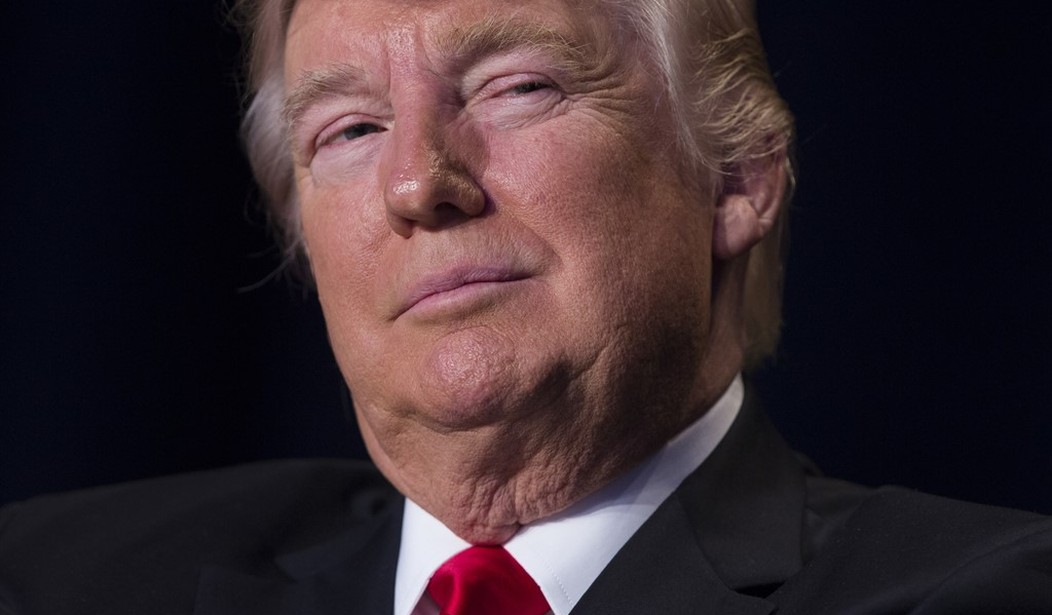President Donald Trump has taken the helm and the federal government will not be the same again.
His pledge to transfer power and control from Washington to the American people was no idle campaign promise. It is the sensible management solution to an unwieldy federal bureaucracy and it is the answer to protecting the intended beneficiaries of Medicaid, the most critical component of our social safety net for needy mothers, children, the aged, the blind and the disabled.
The value of Medicaid eligibility declined over the years, as cost-cutting measures reduced treatment payments to the extent that most doctors shunned those covered by the program. Despite its perilous financial state and lack of willing physician participation, President Obama turned Medicaid into the insurer of last resort to rescue his legacy – Obamacare. By enticing the states to expand their Medicaid programs “at no cost” (for a while, anyway) to cover working, able-bodied, childless adults, the feds exacerbated a severe budgetary crisis and put at risk our moral obligation to protect access to medical care for the poorest among us. The most fragile component of the nation’s social safety net was turned into a safety valve to cover 97% of the 9.25 million newly insured under Obamacare.
Ronald Reagan once observed, “The nearest thing to eternal life we will ever see on this earth is a government program.” He understood the need to act, not just talk, when soon after being elected governor of California, he found his state headed toward bankruptcy because of spending mandates coming from Washington. The relatively new Great Society welfare programs were already exacting a terrible toll, not just on the taxpayers but also on the people they were designed to help – the vulnerable poor, as resources were steadily redirected to accommodate the growing welfare rolls.
Recommended
Gov. Reagan was the first state executive compelled to restrain runaway welfare spending. He sought someone outside the system, a professional manager, to find a solution. The man he chose, my husband Bob Carleson, designed and implemented a reform that resulted in shedding so many ineligible welfare recipients that enough money was saved to enable Gov. Reagan to grant a long-overdue 25% increase in the basic benefit to California’s most needy – following 12 years of “compassionate” Democratic rule.
Bob’s daily encounters with the mandates and prohibitions imposed by Washington convinced him that the only way to protect both the poor and the taxpayers was to cut the overbearing, unelected bureaucrats out of the process and allow the states to run their own welfare programs. He devoted the rest of his life to doing just that.
Forty years after the launch of the Great Society, the planets and the electorate aligned to produce the revolutionary 1996 welfare reform – breaking the intergenerational cycle of poverty and freeing millions from government dependency. Even the reluctant signer of the law, President Bill Clinton, couldn’t deny that repealing and replacing the iconic Aid to Families with Dependent Children program with finite block grants to the states worked.
Successful people like Mr. Trump like things that work. They grasp the law of supply and demand, the reality of limited resources, the efficacy of incentives, and the benefits of competition. They also know that huge bureaucracies, whether governmental or corporate, function efficiently only when authority and responsibility are delegated wisely and accountability is strictly enforced.
Now, 20 years later, President Trump is turning to this proven concept to protect the intended beneficiaries of Medicaid – America’s most needy. Rep. Todd Rokita (R-IN) has re-introduced the State Health Flexibility Act (HR 352), designed by the Carleson Center for Welfare Reform, to rescue the Medicaid program. Modeled closely on the successful ’96 reform, HR 352 provides stable funding to the states and the authority for governors to determine how best to provide healthcare to their most vulnerable citizens. States would be held accountable through strict annual audits and federal monies would flow directly from the U.S. Treasury to the state capitals. Bypassing the federal departments and agencies would finally end Washington’s ability to undermine state decisions through rules and regulations. Federal bureaucrats would have to find more productive endeavors or maybe they could spend more time with their families.
Confident leadership and political popularity are often incompatible - especially in a city where the most unthinkable act imaginable is to voluntarily relinquish power. But I trust that under President Trump this won’t remain the case for much longer.
Susan A. Carleson is Chairman and CEO of the American Civil Rights Union. She founded the Carleson Center for Welfare Reform in 2011 to continue the work of her husband Bob.























Join the conversation as a VIP Member